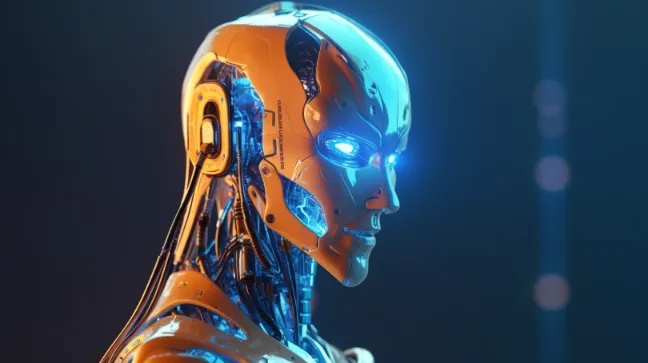Are AI Detectors Accurate?
AI detectors are becoming increasingly popular across various industries due to their ability to identify patterns and detect anomalies. However, accuracy is a crucial factor in the success of AI detectors, especially in industries such as healthcare, security, and finance where even a small error can have significant consequences.
Introduction
In this article, we will explore the accuracy of AI detectors and the various factors that can affect their performance. We will also discuss case studies that highlight the successful application of AI detectors and strategies for improving their accuracy.
How AI Detectors Work
AI detectors use machine learning algorithms to identify patterns in input data. These algorithms are trained on a large dataset and are capable of detecting even subtle variations in the input. Industries such as healthcare use AI detectors to identify early signs of diseases, while the security industry uses them to detect suspicious behavior.
Factors Affecting AI Detector Accuracy
The accuracy of AI detectors is dependent on the quality of the input data. If the input data is noisy or incomplete, it can lead to inaccurate results. Additionally, the limitations of machine learning algorithms can also affect the accuracy of AI detectors. Unforeseen circumstances and human error can also contribute to inaccuracies.
Case Studies of AI Detector Accuracy
There are several examples of successful application of AI detectors, such as the use of AI detectors in the healthcare industry to detect breast cancer with high accuracy. However, challenges still remain in achieving accuracy, such as the limitations of machine learning algorithms in identifying rare events.
Improving AI Detector Accuracy
Improving the quality of input data can significantly improve the accuracy of AI detectors. Advancements in machine learning algorithms can also lead to improved accuracy. Additionally, human oversight and intervention can provide an extra layer of accuracy checking.
New Developments in Assessing AI Detector Accuracy
As we continue to question, “Are AI detectors accurate?” we are also witnessing exciting advancements in technology that are paving the way to improve AI detector accuracy. These developments range from new algorithmic approaches to enhanced quality control measures for data collection.
For instance, there’s growing interest in using AI itself to verify and improve the data used to train AI detectors. This recursive approach could lead to higher-quality training data, subsequently boosting detector accuracy.
In tandem, experts are also exploring hybrid models that blend the power of different machine learning algorithms, potentially improving AI detectors’ abilities to handle varied and complex data scenarios.
Furthermore, we’re seeing increased emphasis on transparency and explainability in AI, with developers working towards making AI detectors more interpretable and thus more trustworthy. With these advancements, the answer to “Are AI detectors accurate?” becomes increasingly optimistic, reminding us that the field of AI is dynamic, constantly learning, and improving.
Conclusion
In conclusion, AI detectors are becoming increasingly important across various industries. However, the accuracy of AI detectors is crucial for their success. By improving the quality of input data, advancing machine learning algorithms, and incorporating human oversight, we can improve the accuracy of AI detectors and their future outlook.






